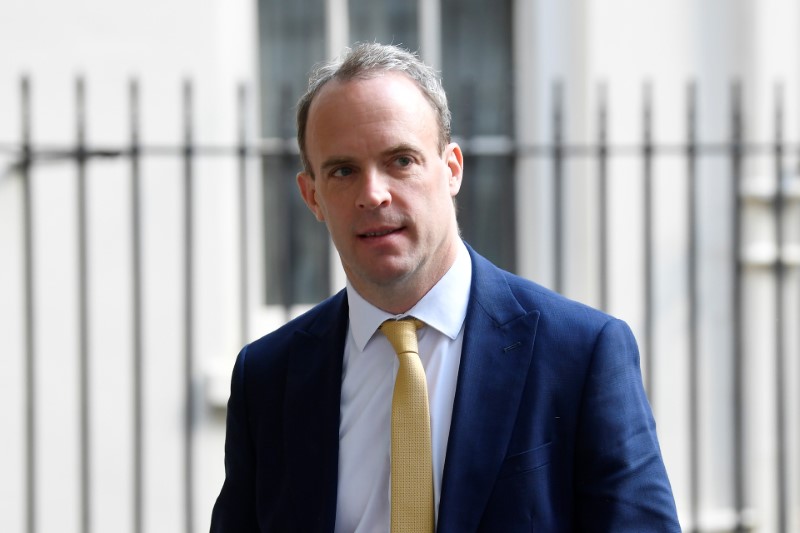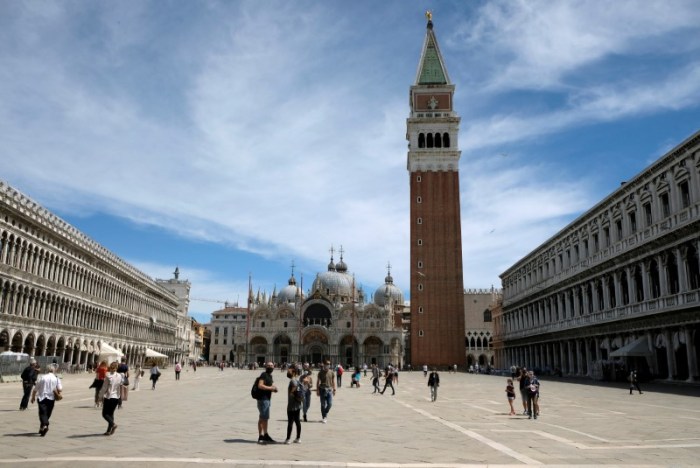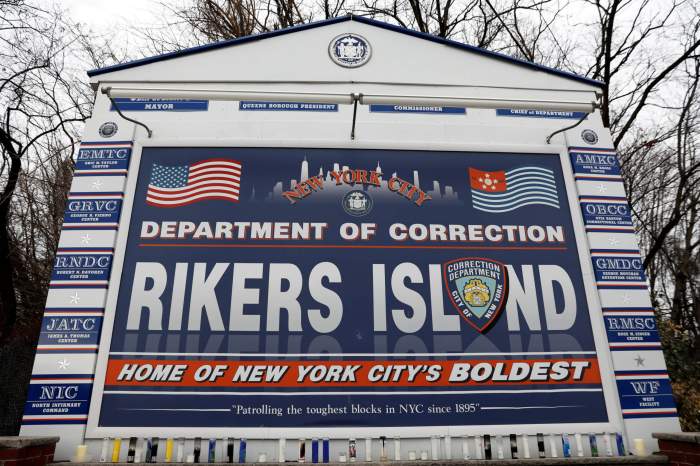LONDON (Reuters) – The United Kingdom warned Beijing on Tuesday to step back from the brink over an “authoritarian” national security law in Hong Kong that it said risked destroying one of the jewels of Asia’s economy while ruining the reputation of China.
China’s parliament last week approved a decision to create laws for Hong Kong to curb sedition, secession, terrorism and foreign interference. Mainland security and intelligence agents may be stationed in the city for the first time.
“There is time for China to reconsider, there is a moment for China to step back from the brink and respect Hong Kong’s autonomy and respect China’s own international obligations,” British Foreign Secretary Dominic Raab told parliament.
“The sad reality is that if China continues down this track, it will be strangling what has long been the jewel in the economic crown,” Raab said, when asked about the future of the Hong Kong dollar peg.
Hong Kong fell to sixth place from third in the latest ranking of global financial centres, according to the Z/Yen global financial centres index, behind New York, London, Tokyo, Shanghai and Singapore. It was Asia’s top hub in 2019.
Raab said the security law was in breach of the “one country, two systems” principle enshrined in the 1984 Sino-British Joint Declaration, and also conflicted with Article 23 of China’s own basic law.
Raab, though, cautioned that he did not expect China to change course. “We think that it is unlikely that will happen,” he said.
If it goes ahead, Raab said the United Kingdom will form an alliance of countries to resist China, whose $14 trillion economy dwarfs every Western economy apart from the United States which has a $21.4 trillion economy.
Raab said the United Kingdom could not coerce China but would seek to persuade it to change course.
If China does not change course, British National Overseas passport-holders in Hong Kong will be offered a path to British citizenship.
Asked if London would go further, Raab said that the offer was already generous: around 300,000 holders of BNO passports and another 3 million were eligible.
(Additional reporting by Kate Holton; editing by Michael Holden and Stephen Addison)
























